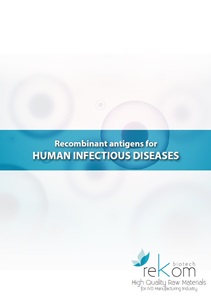Helicobacter pylori infection
Helicobacter pylori infection is a bacterial condition that mainly affects the stomach. Helicobacter pylori (H. pylori) is a bacteria that can cause various gastrointestinal diseases, including chronic gastritis, peptic ulcers and, in some cases, gastric cancer. It is not part of the normal flora of the stomach, however, it is quite common in the world's population. The transmission of H. pyloriis not fully understood, but is thought to occur primarily from person to person. The most accepted transmission routes are: fecal-oral, oral-oral, and through contaminated medical instruments. Symptoms can vary, but some common ones include: abdominal pain or discomfort, especially when the stomach is empty; nausea and vomiting; loss of appetite; bloating and frequent belching; and unintentional weight loss. However, many people can harbor the bacteria without experiencing obvious symptoms or health problems. Treatment usually involves a combination of antibiotics and medications that reduce stomach acid, known as proton pump inhibitors (PPIs). Although there is no vaccine available, some measures can prevent infection, such as: maintain good hygiene, wash your hands frequently; consume well-cooked foods and safe drinking water; and avoid sharing utensils and glasses with infected people. The most common diagnostic tests are breath tests, stool tests, blood tests, and endoscopy with biopsy. Helicobacter pylori infection is a common condition that can lead to serious complications if not treated properly. However, with proper diagnosis and treatment, it is possible to eradicate the bacteria and reduce the risks of associated complications.
Infection byH. pyloriis common throughout the world, but its prevalence varies widely by region and socioeconomic conditions. Improvements in living conditions and hygiene have reduced prevalence in many developed areas, while it remains a significant problem in less developed regions. It is estimated that approximately 50% of the world's population is infected with H. pylori. Infection rates vary between 30% and 90%, depending on the region and population studied.
Human infectious disease.
At Rekom Biotech, we desing and manufacture IVD reagents for diagnosis of Helicobacter pylori infection. If you do not find what you are looking for, you can request our custom-made recombinant proteins/antibodies service. Do not hesitate to contact us!
How to reconsitute lyophizated vials


